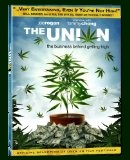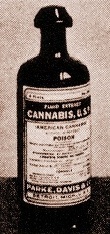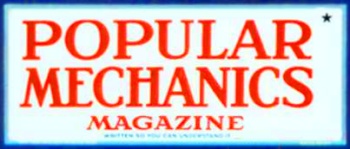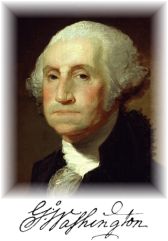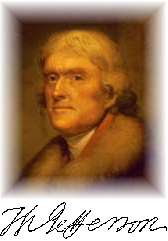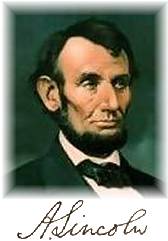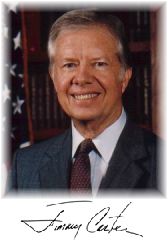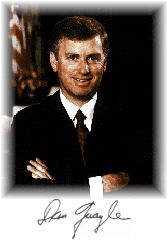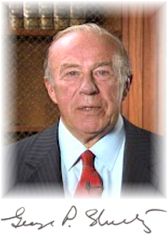UNITED STATES DEPARTMENT OF JUSTICE
Drug Enforcement Administration
In The Matter Of
MARIJUANA RESCHEDULING PETITION |
Docket No.
86-22 |
OPINION
AND RECOMMENDED RULING, FINDINGS OF
FACT,
CONCLUSIONS OF LAW AND DECISION OF
ADMINISTRATIVE
LAW JUDGE
FRANCIS L. YOUNG, Administrative Law
Judge
DATED: SEPTEMBER 6, 1988
IX.
CONCLUSION
AND
RECOMMENDED DECISION
Based upon the foregoing facts and reasoning,
the administrative law judge concludes that the provisions of the Act permit
and require the transfer of marijuana from Schedule I to Schedule II.
The Judge realizes that strong emotions are aroused on both sides of any
discussion concerning the use of marijuana. Nonetheless it is essential
for this Agency, and its Administrator, calmly and dispassionately to review
the evidence of record, correctly apply the law, and act accordingly.
Marijuana can be harmful. Marijuana
is abused. But the same is true of dozens of drugs or substances
which are listed in Schedule II so that they can be employed in treatment
by physicians in proper cases, despite their abuse potential.
Transferring marijuana from Schedule I
to Schedule II will not, of course, make it immediately available in pharmacies
throughout the country for legitimate use in treatment. Other government
authorities, Federal and State, will doubtless have to act before that
might occur. But this Agency is not charged with responsibility,
or given authority, over the myriad other regulatory decisions that may
be required before marijuana can actually be legally available. This
Agency is charged merely with determining the placement of marijuana pursuant
to the provisions of the Act. Under our system of laws the responsibilities
of other regulatory bodies are the concerns of those bodies, not of this
Agency,
There are those who, in all sincerity,
argue that the transfer of marijuana
- 67 -
to Schedule II will "send a signal" that
marijuana is "OK" generally for recreational use. This argument is
specious. It presents no valid reason for refraining from taking
an action required by law in light of the evidence. If marijuana
should be placed in Schedule II, in obedience to the law, then that is
where marijuana should be placed, regardless of misinterpretation of the
placement by some. The reasons for the placement can, and should,
be clearly explained at the time the action is taken. The fear of
sending such a signal cannot be permitted to override the legitimate need,
amply demonstrated in this record, of countless suffers for the relief
marijuana can provide when prescribed by a physician in a legitimate case.
The evidence in this record clearly shows
that marijuana has been accepted as capable of relieving the distress of
great numbers of very ill people, and doing so with safety under medical
supervision. It would be unreasonable, arbitrary and capricious for
DEA to continue to stand between those sufferers and the benefits of this
substance in light of the evidence in this record.
The administrative law judge recommends
that the Administrator conclude that the marijuana plant considered as
a whole has a currently accepted medical use in treatment in the United
States, that there is no lack of accepted safety for use of it under medical
supervision and that it may lawfully be transferred from Schedule I to
Schedule II. The judge recommends that the Administrator transfer
marijuana from Schedule I to Schedule II.
Dated: SEP 6 1988
Francis L. Young
Administrative Law Judge
- 68 -
|
